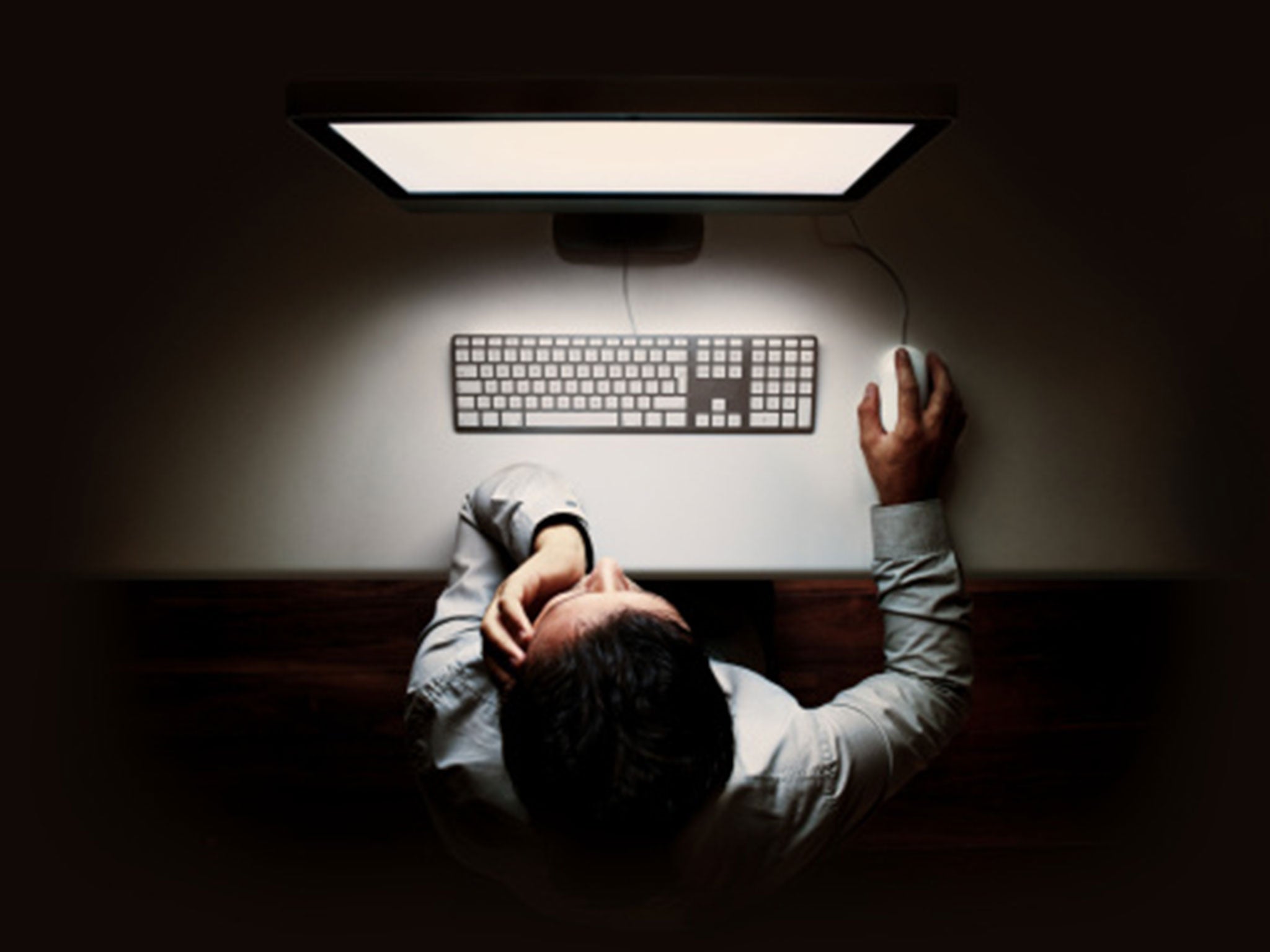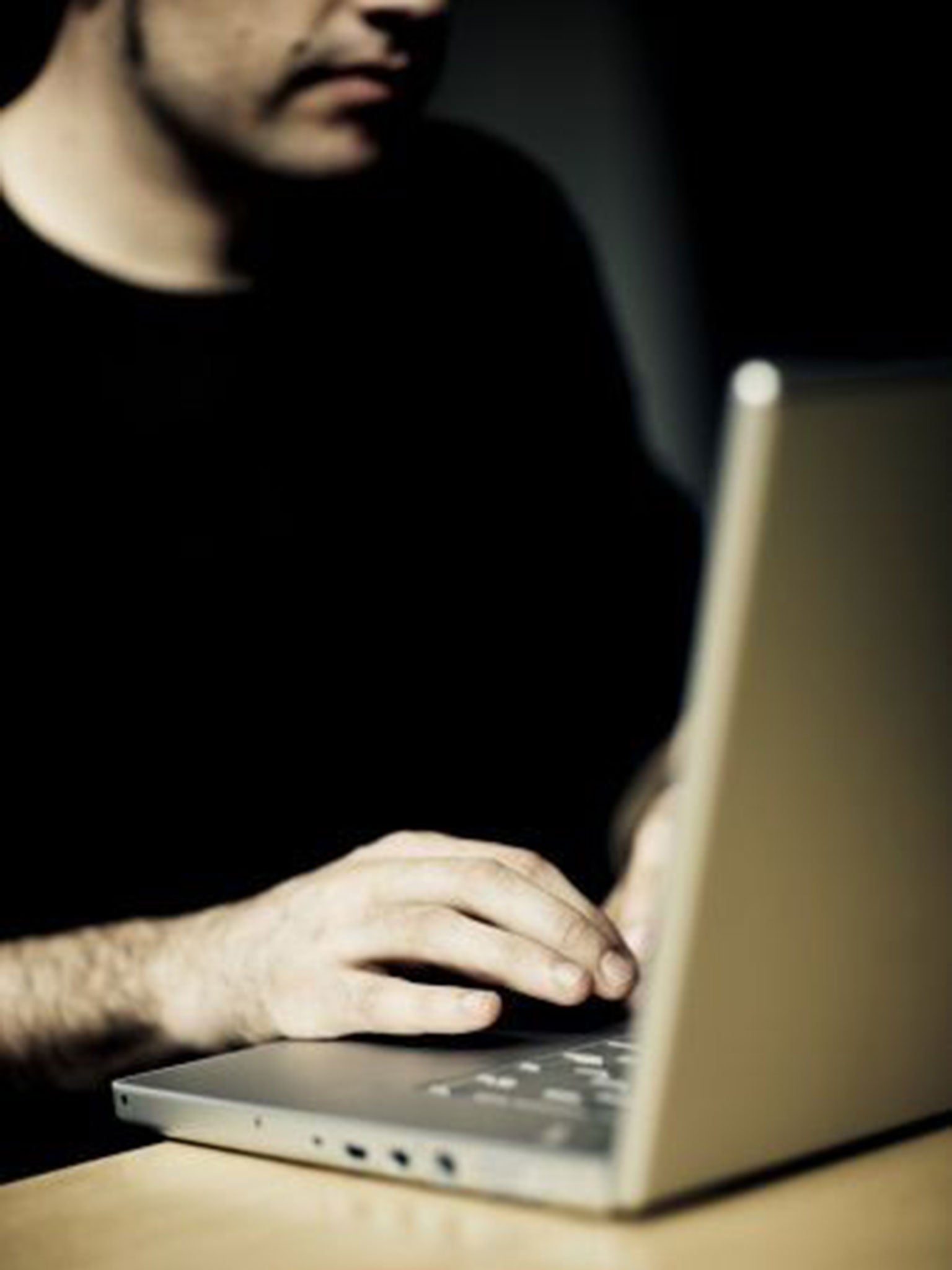Can paedophiles be good people? We flinch, but there are varying degrees
Child abusers are not all the same, yet the idea of treating them differently in relation to the severity of their crimes has somehow become controversial

Have you heard the story of the good paedophile? I have, but only once. His name – or pseudonym, anyway – is Adam. He's an American 19-year-old, and his primary sexual feelings have always been for children. Three years ago, he came to realise that the stuff he sought online as a matter of instinct was vile, that "these children were real people". He resolved never to act on those desires again. Now he runs a support group for others who feel the same. "I'll admit we have a bias," he told the US radio show This American Life. "I think we're better people than those who go out and hurt kids."
Adam's story is unsettling; his is such an unfamiliar perspective that we don't know how to fit him into our moral scheme. Do we judge by his capacity for wickedness, or the nobility of his resistance? Is he a fiend or a saint? To help figure out what you think about it, consider this analogy, drawn by Dr Jackie Craissati, a leading psychologist in the field. "If I were to say to you, all violence is the same, and all violent men are persistently violent, and you can't categorise by degrees of severity, you'd say: hang on a second. There's a difference between the bombmaker, and the man who tries to kill his partner, and the man who attacks someone in the pub, and all of these cases need different approaches. But if you make the same point about child sexual abuse, people say, how dare you?"
Paedophiles are monsters. Or, at any rate, we have monstered them, and at this point the difference is almost irrelevant. This is not an original observation, or a surprising one. Jimmy Savile, Rolf Harris, Stuart Hall: of course we place them categorically beyond the pale. There is little that goes against our sense of the right order of things more appallingly than the abuse of children, and there is little that is more important than rooting it out.
But that makes it hard to talk about it sensibly. The mere acknowledgement that they are not all the same is dangerously close to an act of imaginative sympathy, and therefore best made quietly, lest people think you are on their side. So we saw last week, when the National Crime Agency announced the arrest of 660 "suspected paedophiles" for accessing images of child abuse online. The NCA added that it had unearthed 10,000 suspects. And in the background was a figure that's more frightening still: the Child Exploitation and Online Protection Centre's (CEOP) estimate that there are 50,000 paedophiles in the UK who look at this stuff online.
Video: Theresa May on the child abuse operation
The operation which led to these arrests was an important part of the battle to show those who seek out images of abuse that they are not as anonymous as they would wish. No one sensible has a problem with it. But some people do express a certain weary disappointment – if not surprise – at the way that they have been handled, by the media and the authorities alike, in the days since.
What they say calls into question even the most basic terms on which the authorities' triumph was explained. "I was sorry to see the NCA put out a statement with the headline '600 suspected paedophiles'," says Donald Findlater, director of research and development at the Lucy Faithfull Foundation, which works to prevent child abuse by helping offenders to change. "Most of these individuals are highly unlikely to be clinically paedophiles, which requires them to have a primary sexual arousal to prepubescent children. If someone has a collection of images that includes under-11s but also others, that would convince no clinician that they're a paedophile."
Adam's case shows that not all paedophiles are child abusers. And Findlater's argument shows that, likewise, not all child abusers are paedophiles. "If you look at child sexual offenders with victims under 16," says Dr Craissati, "only about 30 per cent meet the clinical definition of paedophile. Although child molesting is necessarily sexual, the sexual element is only one part of a more complicated psychological explanation."
So, in the phrase "50,000 paedophiles", the word 'paedophiles' is probably wrong. And, if you want evidence that this bears the hallmarks of a moral panic, you might examine the number as well. Fifty thousand paedophiles! None of the reports explained how it was reached, and so I called the NCA. What was the source? It came, I was told, from a 2013 threat assessment. The spokesman read me the relevant passage. "Although it is clearly not possible to establish a precise figure," he said, "CEOP estimates that there were around 50,000 individuals in the UK involved in downloading and sharing indecent images of children in 2012." Right, I said. And how is that figure reached? "It's on the basis of investigations and indications from partners and collaborations," he said vaguely. "Operational experience with partner investigative agencies."
OK. The funny thing, though, is that it's not the first time this number has come up. In 2008, a Swiss NGO said: "Recent figures suggest some 50,000 paedophiles are prowling the internet at any one time." In 2006, the US attorney general said the same thing. He attributed it to the TV show Dateline. Dateline attributed it to the FBI. The FBI, Dan Gardner learned for his book Risk: the Science and Politics of Fear, didn't know where the figure had come from. In fact, no one does.
Now, it may be that CEOP's estimate of 50,000 is significantly more solid than the previous one. It may be that this is an unfortunate coincidence. But since the agency will say only that the number is based on asking around, you may suspect that it has produced it from the ether.
There's not much left to hold on to, then, in the phrase "50,000 paedophiles". As a result, we might be more sceptical about the danger posed by those 10,000 suspects as well.
The idea that the people looking at this stuff are not all technically paedophiles sounds like a grotesque irrelevance. But it's important, because it helps us to ask better questions about their behaviour. The answers may themselves be troubling: the internet gives oxygen to a kind of self-daring wickedness that might once have stayed dormant. People watch beheadings online, too. Sometimes the thrill is less in the material than in the transgressive act.
Once upon a time, it was hard to find this stuff. ("To be honest," says Dr Craissati, "they all watched Oliver Twist.") But in the internet age, the barrier for entry is significantly lower. The fleeting, strange thought that might once have remained inarticulate can be nurtured into a deed; the despicable tendency in "mainstream" pornography towards extreme youth – the schoolgirl fantasy, the phrase "barely legal" – can make it seem as if it isn't that big a deal.
"And so," says Findlater, "you go and have a look. Most of them aren't on the dark web; they aren't taking sophisticated steps to avoid detection. Many cross the line and don't know they cross it." It is said that every one of these images is an image of abuse, but according to CEOP's own statistics, more than a fifth of the indecent images of children reported in 2012 were "self-generated" – that is, selfies. "There's no evidence of coercion in these cases," says Findlater. "To then categorise that as an image of a child being abused – well, that's rather rich." We might likewise pause over the fact that the categorisation of images by severity makes no distinction according to whether the pictures are computer generated or real, although both are reprehensible.

There is arguably a difference between a guy who looks at 15-year-olds and gets off on it because it is wrong and a guy who looks at nine-year-olds and gets off on it because they are nine. There's something surreal about the idea that treating them differently is a matter of controversy.
Do those in authority acknowledge these complexities? Not much. Jim Gamble, the former CEOP chief executive who spearheaded the last great online assault, Operation Ore, was on Newsnight after the story broke. "Would you allow them to babysit for your children?" he said ferociously. "The answer to that will invariably be no, and nobody will be suggesting that we do."
This is fine, as far as it goes. But it doesn't go very far. And it speaks to the other reason that our misuse of the term paedophile is so important: it can do children harm. Paedophiles or not, you might not want these men as babysitters, but many of them are fathers. Recidivism rates are as low as 5 per cent, and as few as 1 per cent ever go on to abuse a child. Says Findlater: "To assume we have to remove them from the family home – we claim it's to protect children, but what if he's an entirely appropriate father, the main breadwinner? Jim Gamble insisting they're all threats to children, it's terrifying to families. Why would you stay with a bloke who is a danger to your kids?"
The unintended consequence of all this is grimly ironic. "The coverage tends to make child molesters defensive, anxious, withdrawn, unco-operative," Dr Craissati says. "It makes my job much more difficult. It makes them go back into themselves when I've spent a year trying to get them to take responsibility."
It occurs to me, listening to this, that the fact that the story of the good paedophile is so rare may not be because they are bound to be vanishingly rare. It may instead be that, when no one is ever prepared to acknowledge that people like you have the capacity for a decent life, your best bet is not to seek help, but to remain invisible. The idea of the paedophile with a moral code is one we are still not prepared to entertain, and our prophecy fulfils itself.
I ask Findlater directly: can paedophiles be good people? He pauses. "I believe," he says carefully, "that a whole range of people with sexualities including paedophilia can manage their behaviour, so that they can do no harm, and a good deal of good, with the rest of their lives." It's a sensible answer, but it stops a little short of a yes. And the depressing thing is, I don't blame him at all.
